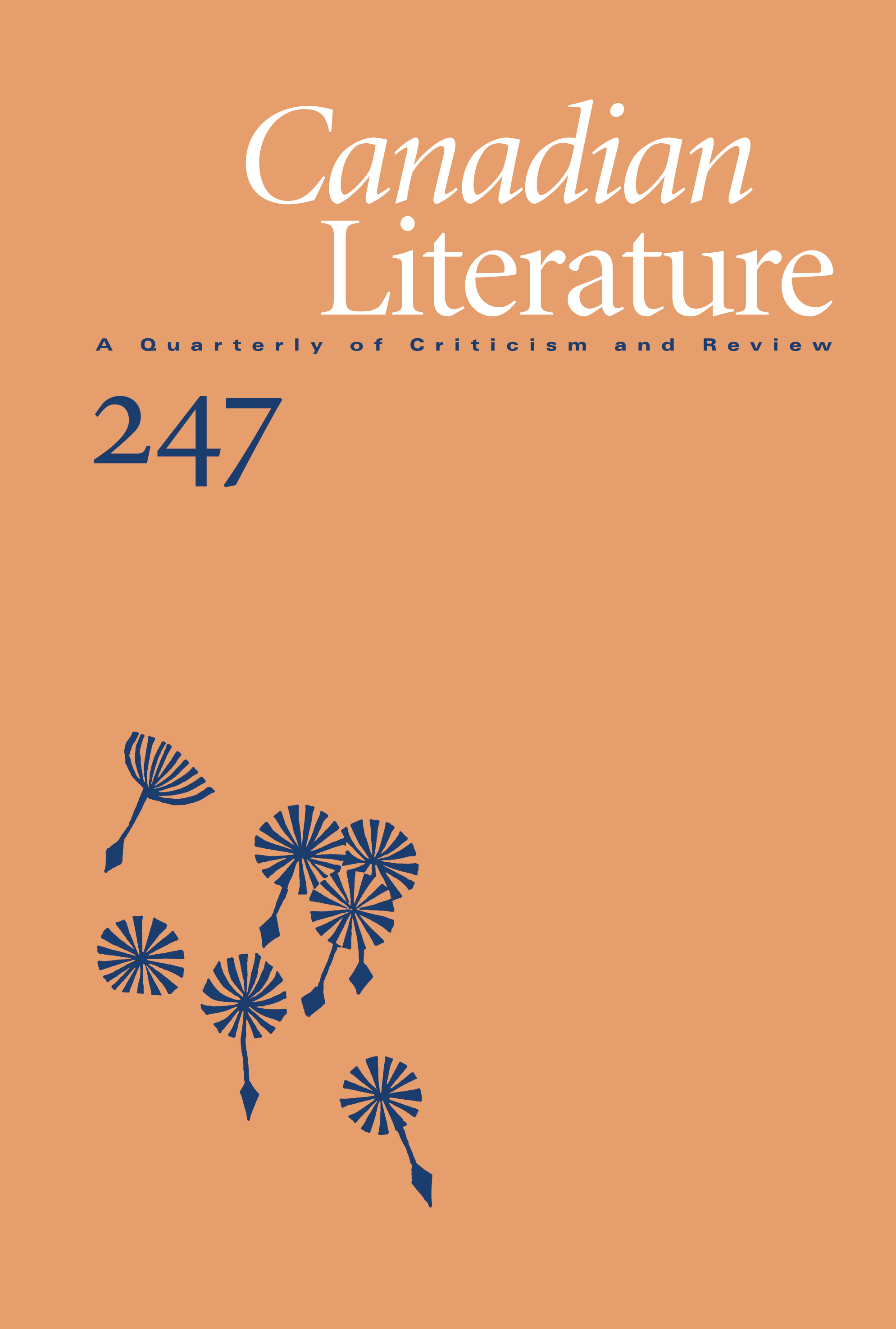The Aesthetics of Utopian Imaginings in Louise Penny’s A Trick of the Light
Abstract
It is difficult to find successful utopian writing in our cynical, anxiety-prone twenty-first century, especially after the devastating critique of the genre put forward in Ursula K. Le Guin’s metafictional 1973 short story, “The Ones Who Walk Away from Omelas.” I argue that Louise Penny’s Armand Gamache detective series addresses the points against utopia raised in Le Guin’s story: the contempt for joy, the need for contrast to make happiness visible, the inherent exploitative cost structure, and the lack of art. Using the genre of detective fiction to move between Montreal and the imaginary bucolic town of Three Pines, Québec, Penny undertakes a complex utopian project that is viable commercially, philosophically, and aesthetically. This article analyzes A Trick of the Light, the seventh novel of the series, to show how Penny uses works of art, real and fictional, of various kinds—paintings, poems, new media—to address and overcome the key challenges of contemporary utopian writing.


